What Happens to Your Body When You Stop Eating Meat
Vegetarian diets are rising in popularity, but do you know exactly what happens to your body when you stop eating meat?
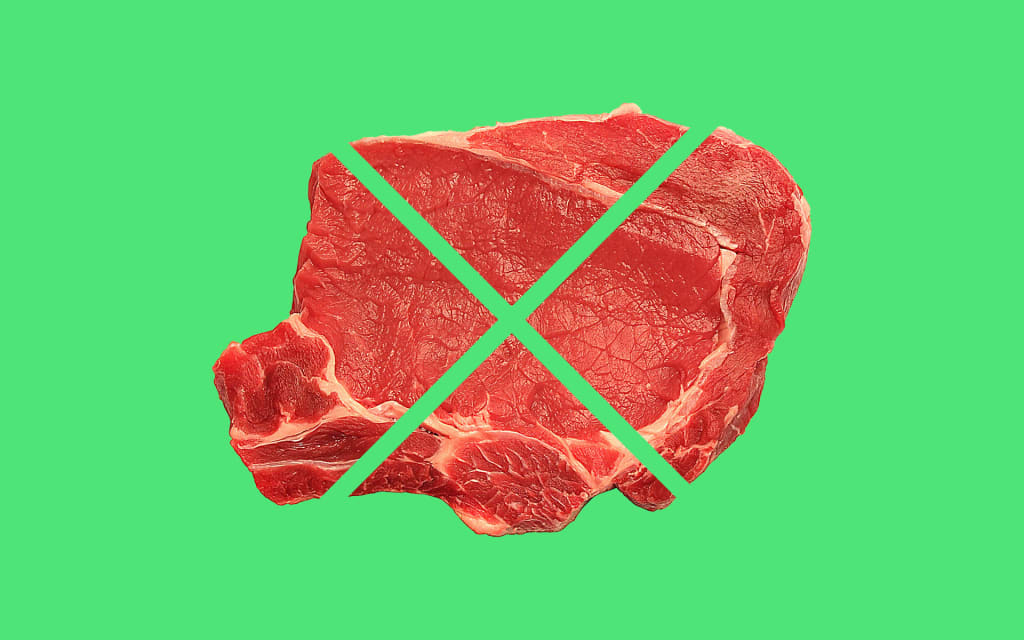
What happens to your body when you stop eating meat is a question which many people have on their mind nowadays. There is a growing interest in the nutritional requirements and deficiencies of modern man. Vegetarian diets are increasing in popularity, as many are concerned by the impact processed meats can have on our health. Others look at vegetarianism as a way to help shed extra weight, improved energy, reduced risk of heart disease, and as a replacement for supplements. To know how true these claims are, it's important to look at what happens to your body when you stop eating meat.
Reduced Inflammation
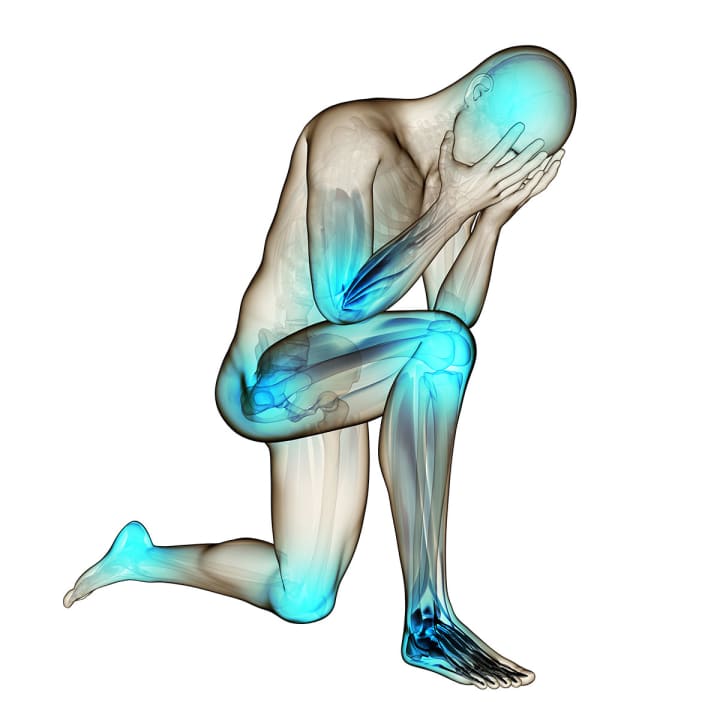
A lot of meat products and dairy items, especially processed red meat and cheese, can elevate inflammation levels in the body. This doesn't refer to inflammation that occurs after injury or infection—that type of inflammation is necessary for recovery. Rather, continuous intake of processed meats and dairy products can cause chronic inflammation which has been linked to higher rate of heart attack, atherosclerosis, diabetes, strokes, and autoimmune disease.
On the other hand, a plant-based diet can act as a natural anti-inflammatory. A meat-free diet generally has higher numbers of antioxidants, fiber, and other phytonutrients. There are also fewer endotoxins (toxins which are released from bacteria usually found in various animal products) and saturated fats in plant-based diets. Overall, vegetarians report lower levels of CRP (C-reactive protein), which is an indication of lower levels of inflammation within the body.
Lower Cholesterol
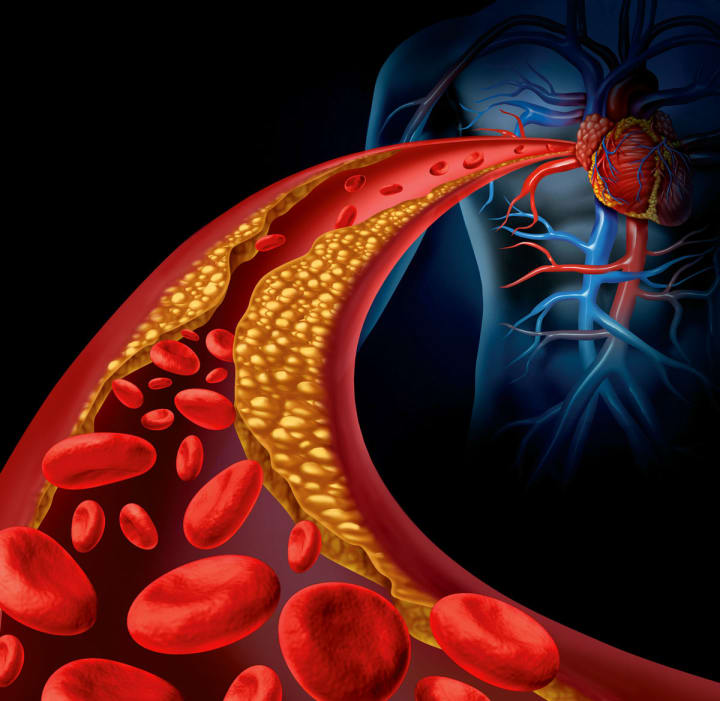
High cholesterol greatly increases the risk of stroke and heart disease. Saturated fat, found in poultry, red meat, cheese, and other animal products, is a huge component of elevated cholesterol.
Various nutritional studies have shown that when one stops eating meat, cholesterol drops by an average of 35 percent. In many cases, this drop was similar to or greater than the effect of cholesterol lowering medications.
Micro-Biome Makeover
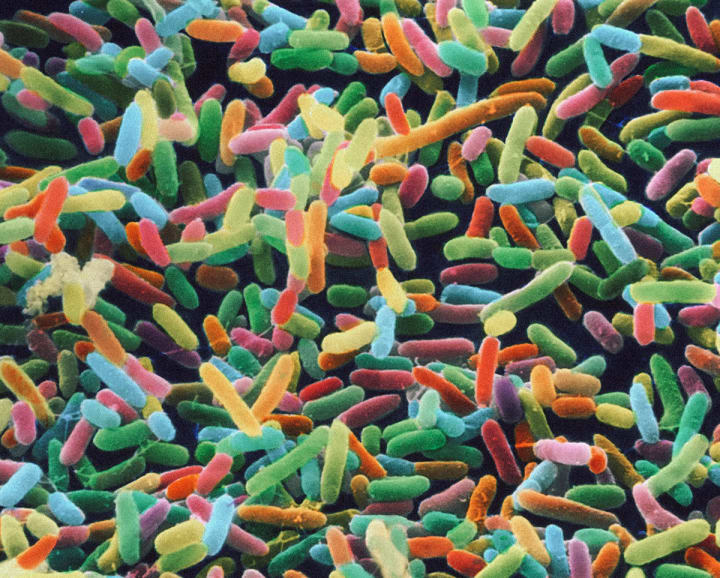
The unlimited number of microorganisms present in the human body is referred to as a micro-biome. These microorganisms are critical to the health of the human body, helping in digesting and processing essential nutrients. They also keep the immune system processing properly, turn genes on and off, keep gut tissue healthy, and protect us from cancer. Studies have shown that they also control our propensity to develop diabetes, obesity, atherosclerosis, autoimmune diseases, inflammatory diseases of bowel, and various liver diseases. When you stop eating meat, these microorganisms flourish, improving overall health.
Gene Alteration
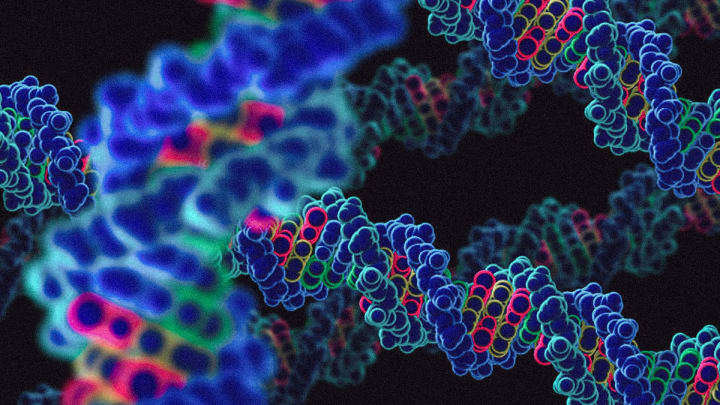
Recent discoveries in genetic studies have shown that various lifestyle and environmental factors have the capacity to turn genes on and off. For example, various nutrients can alter gene expressions to enhance the extent to which cells repair damaged DNA. Research has also shown that lifestyle changes such as going vegetarian can reduce the appearance of cancer genes and lengthen telomeres, which assist in keeping a level of DNA stable. This helps body cells and tissues age more slowly, as shortened telomeres are linked to premature death.
Reduced Chance of Developing Type 2 Diabetes
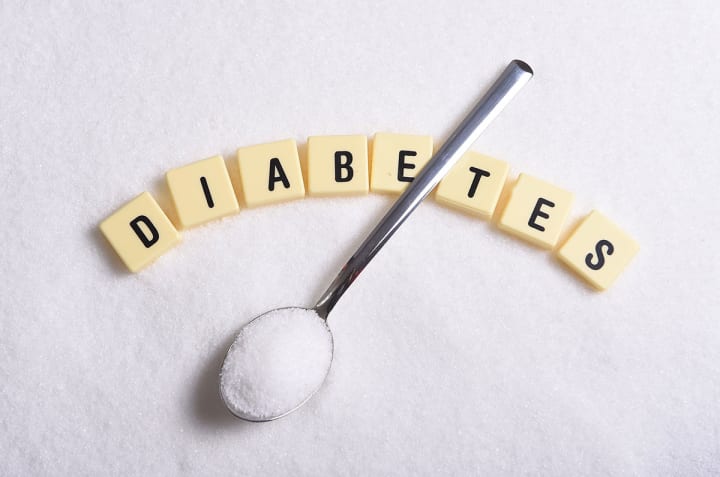
Animal proteins found in processed red meat has been shown to greatly enhance the risk of type 2 diabetes. Overall, omnivores have higher rates of diabetes than those with vegetarian or vegan lifestyles, even after variations of body weight are taken into account.
Many of you may be wondering how meat is related to type 2 diabetes. This goes back to what happens to your body when you stop eating meat. Animal-based iron and the nitrate preservatives in meat have been found to harm the pancreatic cells and decrease insulin function. The carbs present in plant-based diets actually keep us away from diabetes. Moreover, a plant-based diet can also improve or reverse the symptoms of already present diabetes.
Adequate and Accurate Proteins
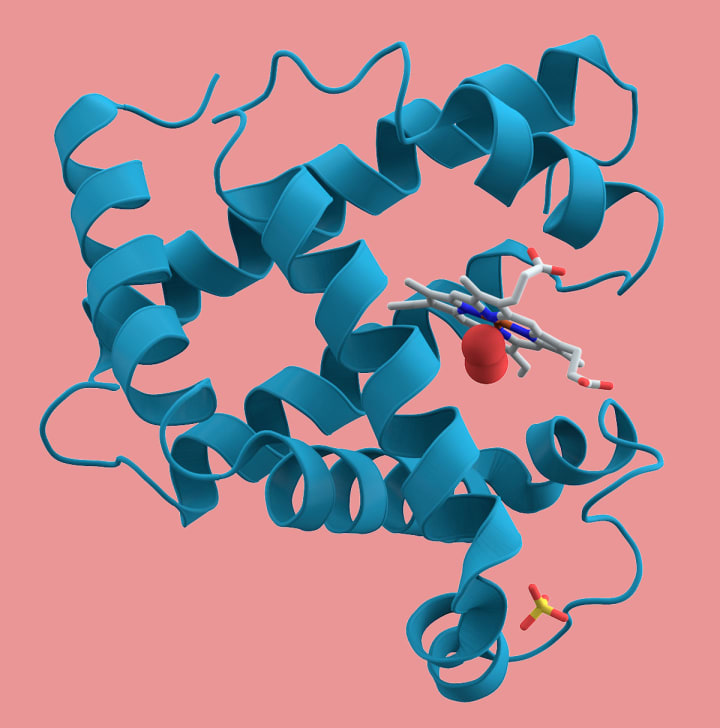
Most of the modern-day population gets most of its protein from animal products. Many believe that these proteins will make the body leaner and stronger. However, excess protein is stored in the body as fat or turned into waste. Therefore, animal protein can often lead to weight gain, increased diabetes risk, and inflammation. Plant protein, on the other hand, is less likely to be stored in fat, and can be used to make the body leaner and stronger more readily.
A Healthier Planet

Animal agriculture is one of the largest modern industries. However, the industry is harmful to the environment. Animal agriculture adds to greenhouse gas emissions, uses land and water resources, destructs wildlife, and contributes to deforestation. Almost 2,000 gallons of water are required to make just one pound of beef. Oceans are becoming devoid of fish.
About the Creator
David McCleary
Holistic health practitioner. Believes in using natural remedies over traditional medications whenever possible. Volunteers at a recycling plant.






Comments
There are no comments for this story
Be the first to respond and start the conversation.